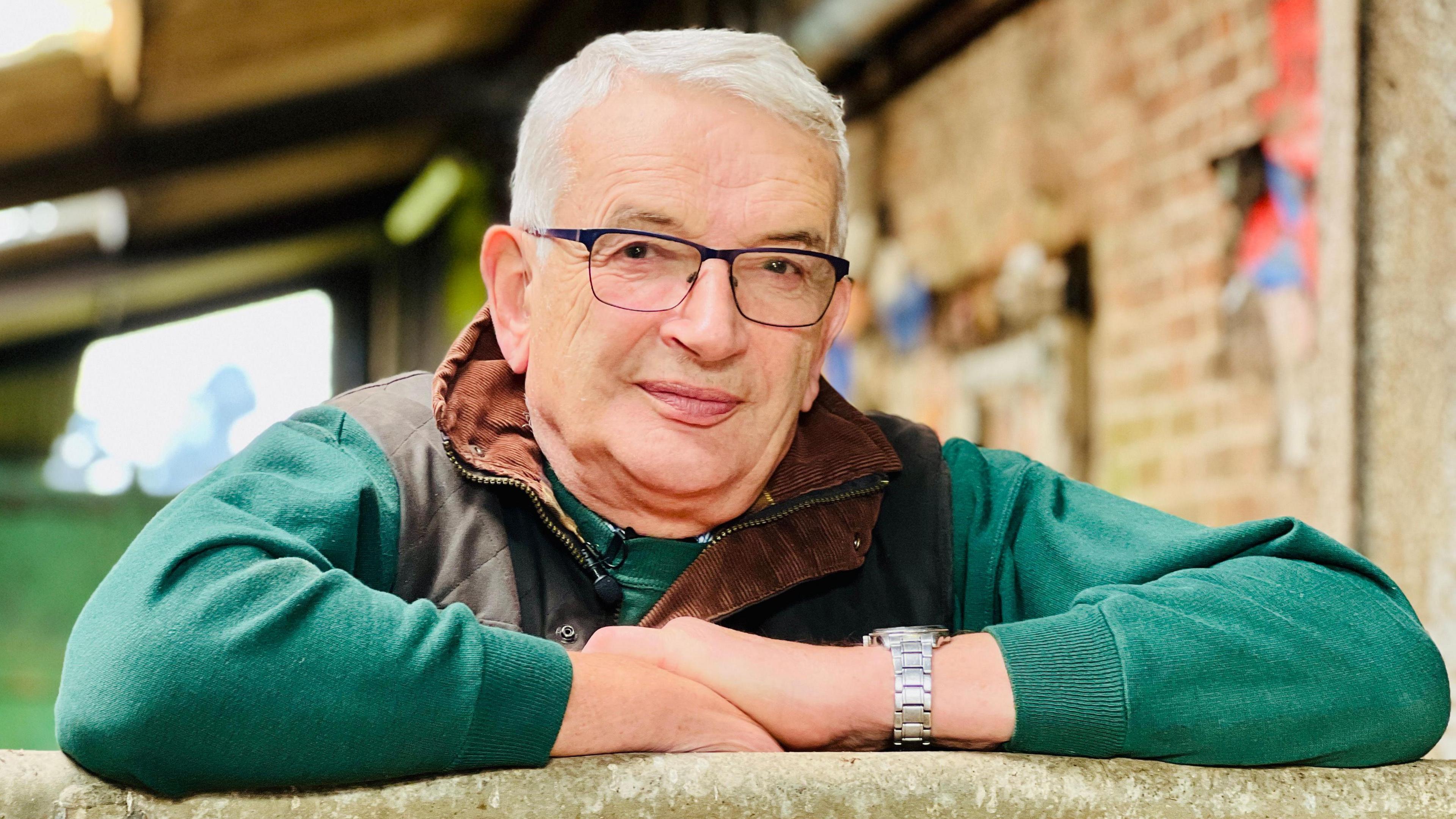'Inheritance tax change will cripple family farms'
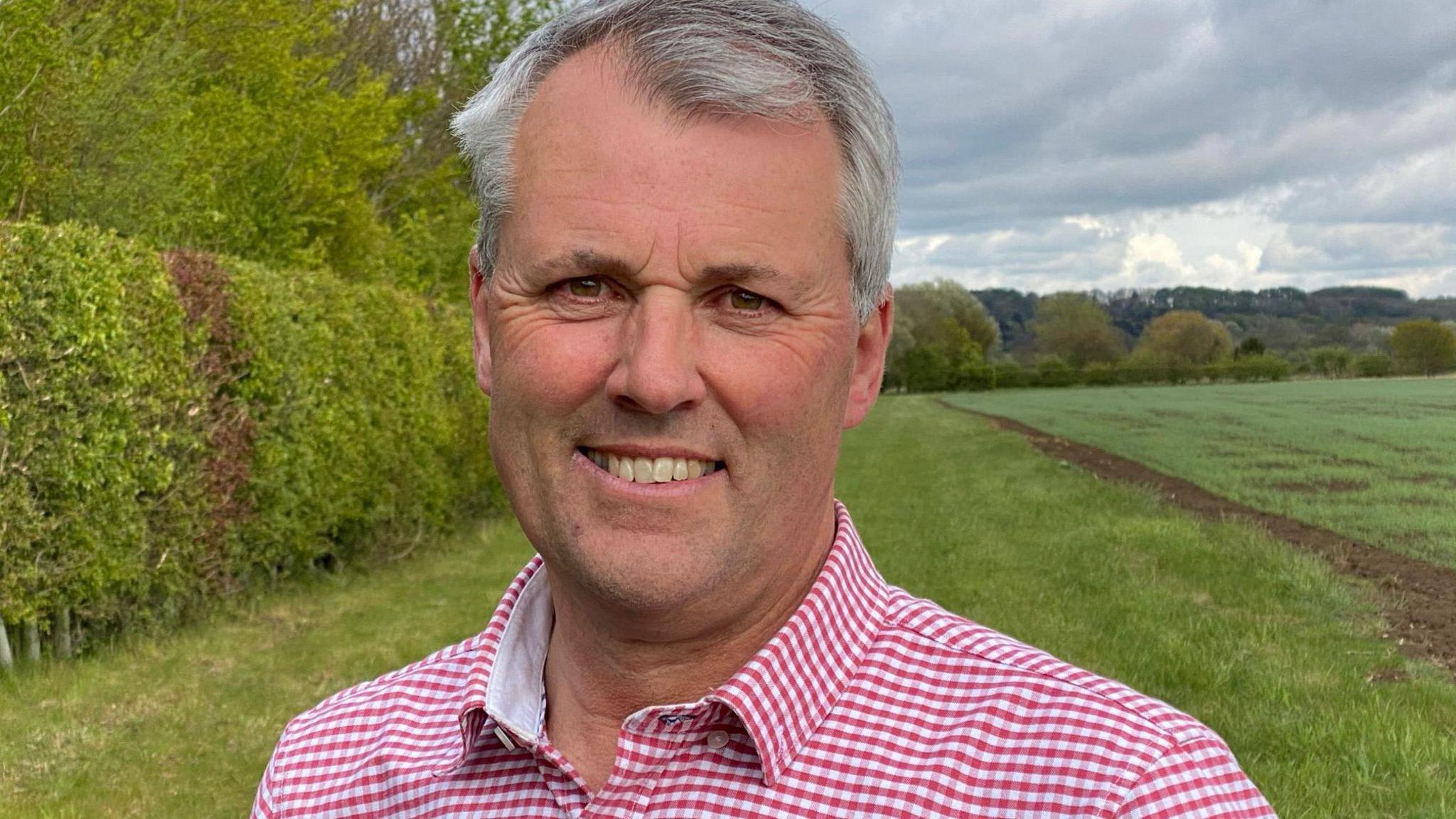
Farmer Andrew Ward is unhappy at the government's announcement on inheritance tax
- Published
A farmer has said changes to inheritance tax announced in the Budget would "cripple" family farms and stop them being handed down to the next generation.
Chancellor Rachel Reeves announced on Wednesday that inheritance tax relief for farms would be limited to £1m, meaning all assets above that threshold passed down to the next generation would be taxed.
Andrew Ward, 63, who farms at Leadenham, near Sleaford, Lincolnshire, said that while £1m was a "huge amount of cash", it amounted to only a very small farm.
Reeves said the government was having to make very difficult choices to "fix Britain’s foundations", but insisted the changes would affect only the wealthiest farmers.
'Attack on rural England'
Mr Ward said: “Labour clearly doesn't understand agriculture, or how family farms have survived for so long.
"I’ve got two daughters and a nephew I would like to hand my farm down to, but it can't be done at the moment.
"I can only hope that I stay healthy for the next five years and the Conservatives are able to come back and reverse this."
Mr Ward said £1m would barely "get you 30 acres".
"I farm 1,000 acres, which is about average, and many people I know are much bigger," he said.
“It would cost us thousands of pounds per acre to hand down. Farmers don’t have that sort of cash."
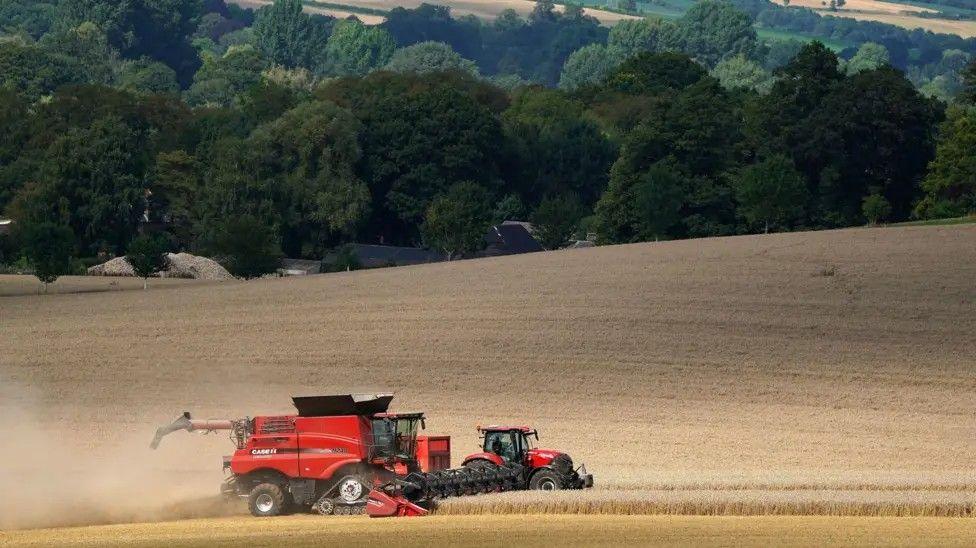
Lincolnshire is sometimes referred to as the breadbasket of the UK due to the amount of food produced in the county
His comments came after the chancellor announced there would continue to be no inheritance tax paid on combined business and agricultural assets worth less than £1m, but above that figure there would an effective inheritance tax rate of 20%, from April 2026.
Mr Ward told the Local Democracy Reporting Service that the government should instead be going after the "really big landowners".
He said his costs had risen by 44% since 2019, yet farmers were still selling food for the same prices as they did 20 years ago.
"It makes me wonder why I'm carrying on," he said.
He said many farms were being forced to sell up to solar farms, leading to the loss of good agricultural land.
"And I’d do that if the chance came along," he added.
Colin Davie, the portfolio holder for economic development at Conservative-run Lincolnshire County Council, described the Budget as an "attack on rural England and the farming community".
Jane Bassett, Midlands regional board chair of the National Farmers' Union, said: "We were hopeful of a new working relationship with this government to support us in producing climate-friendly food here in the region.
"All this is now at stake, as many farms will be unable to have any chance of handing over to their families to continue to produce food in the region."
The government said it was still committed to supporting farmers and "the vital role they play to feed our nation".
Listen to highlights from Lincolnshire on BBC Sounds, watch the latest episode of Look North or tell us about a story you think we should be covering here, external.
Related topics
Related stories
- Published31 October 2024
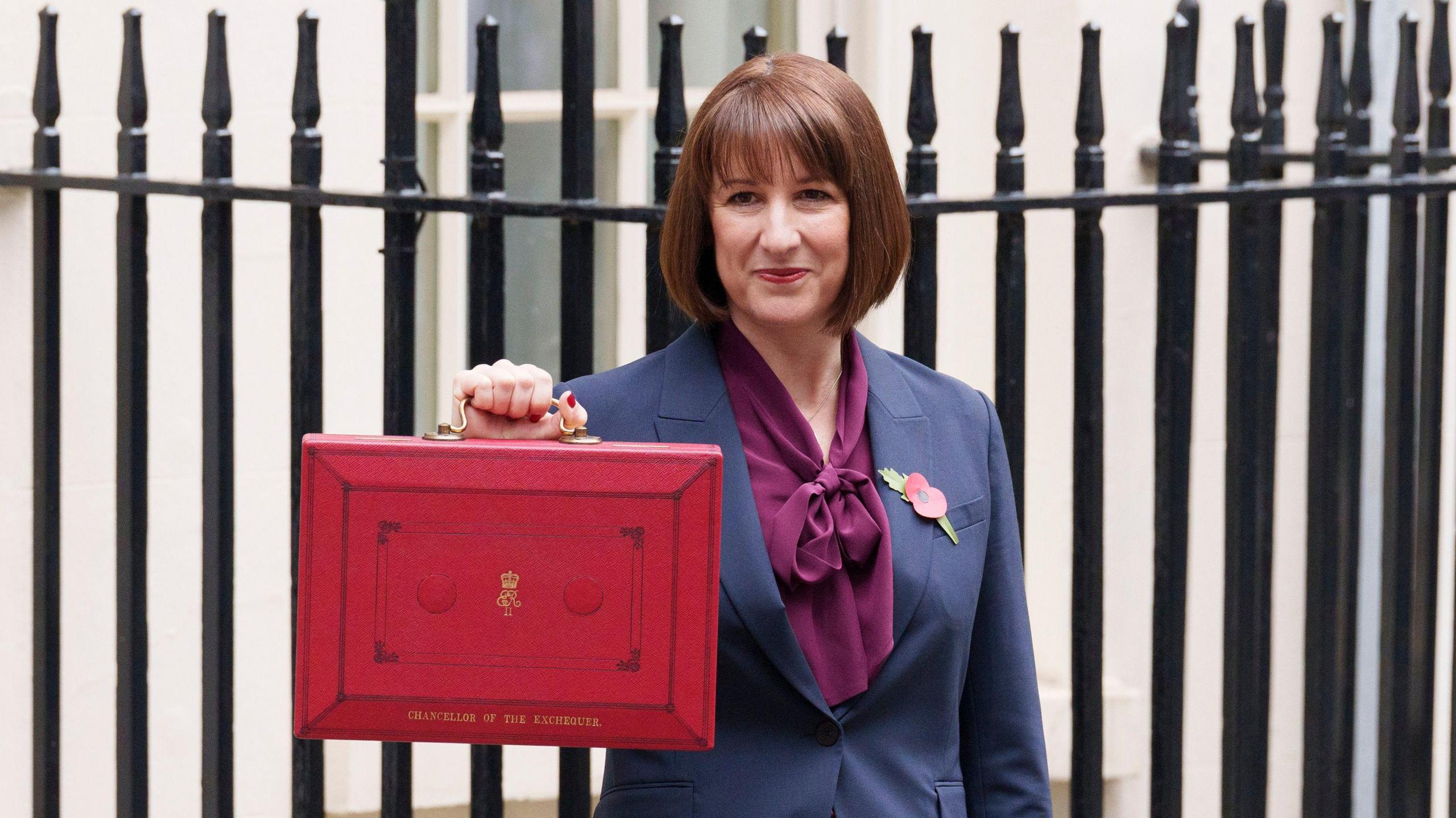
- Published31 October 2024
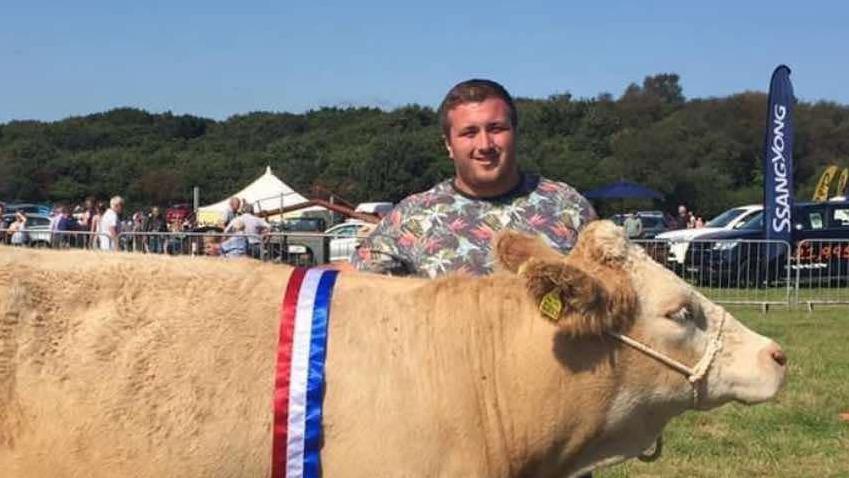
- Published5 January 2024
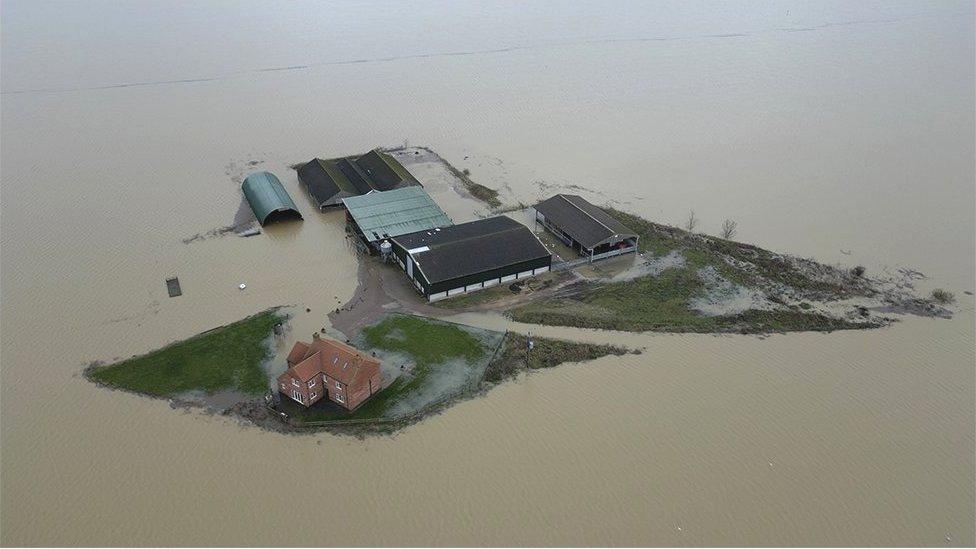
- Published16 October 2023
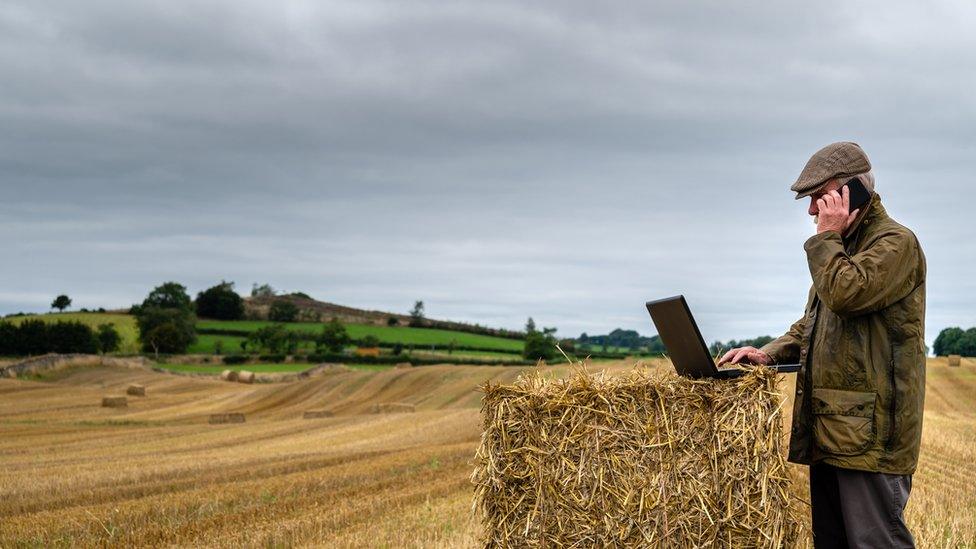
- Published10 October 2024
